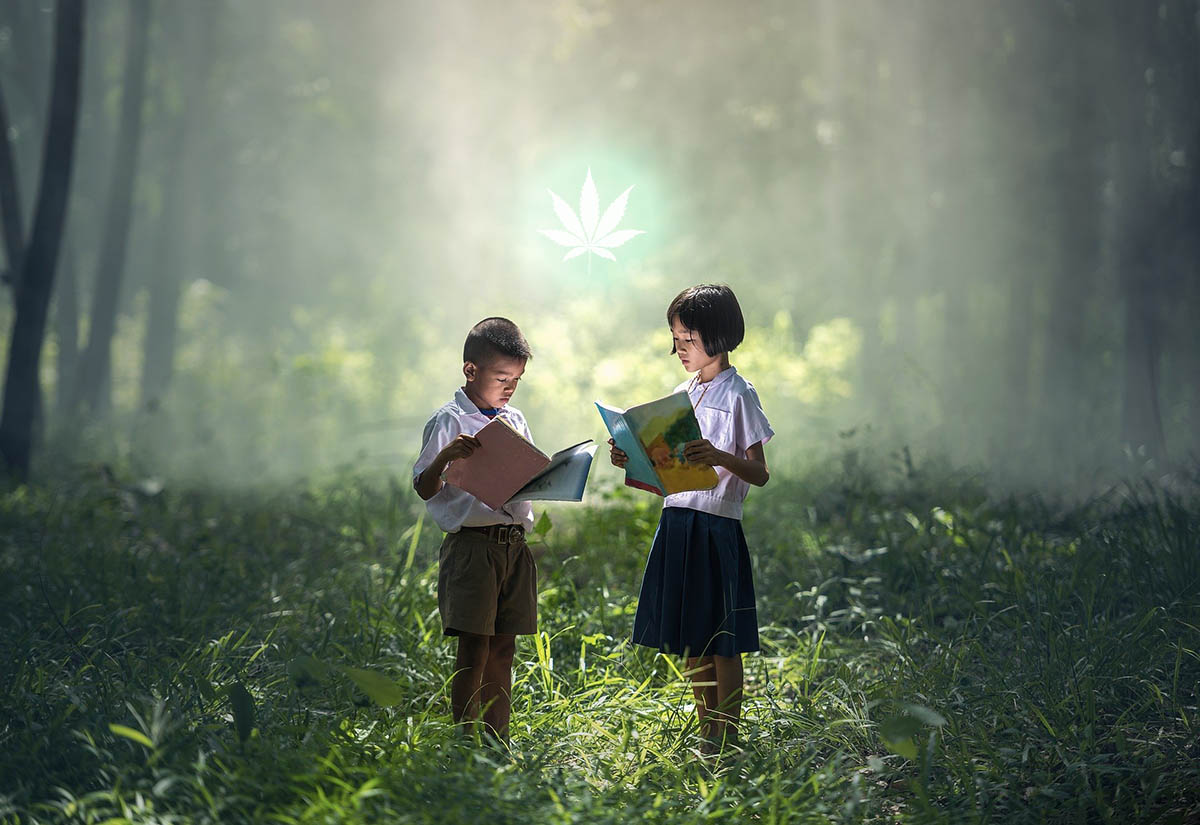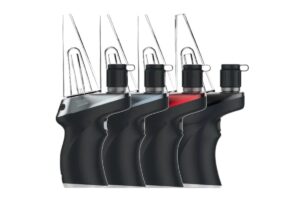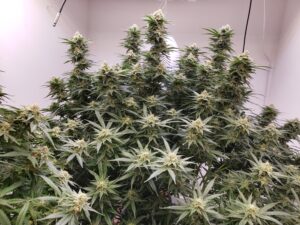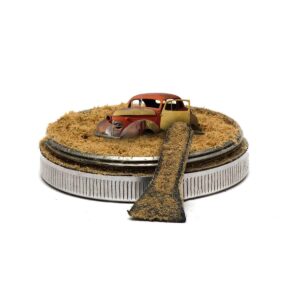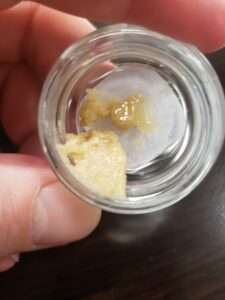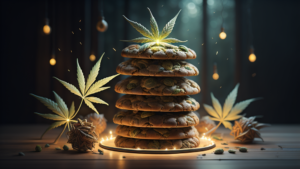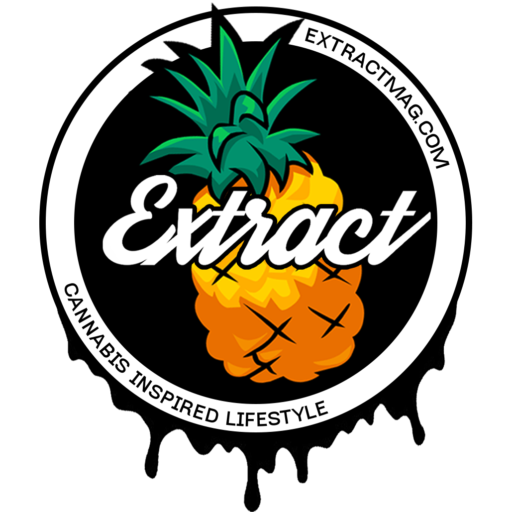On a global scale, teens are being mislead about about cannabis based on the controversial D.A.R.E program.
Worse yet, the message was recently shared with thousands more through an article by CBC News, with a Q&A on “what teens want to know about cannabis and legalization”. The article centers around two teen girls who feel as though they aren’t being told the whole truth. They have questions, and with good reason. There is a video to accompany the article, in which Cst. Neil Muz states that parents should be honest with their children when discussing drugs. In that spirit, here are answers to the same questions with verified facts:
Before I begin, the article mentions teens preference using the word ‘marijuana’, but that is a derogatory term that many prefer people not use. It has roots in racism, and cannabis is the actual name of the type of plant. – Conor McCannabis
Why is cannabis legal in Canada?
A senate special committee found ample evidence to indicate that the greatest harms of cannabis have come from prohibition, not the plant itself. This is not to say it is harmless, just that it is better legalized and controlled, than not.
As the statistics state, expenditures on legal cannabis have been on the decline since October 17, 2018, although the inverse might be expected surrounding so many reports of legal cannabis growing in market share. Check out our article on cannabis sales in Canada and see for yourself the declining consumer statistics.
What could happen if a pet ingests cannabis?
Due to the vast number of animals, please talk to a vet and find information about your specific pet. Depending on the species, and the amount consumed, they could get very sick. That said, there are cannabis products containing CBD, that are being developed to treat pets, and all mammals have an endocannabinoid system. It should go without saying that it’s always a good idea to keep cannabis stored away from pets and children.
Keep in mind decarboxylated cannabis vs non-decarboxylated cannabis flower offer two varying chemical makeups. Decarboxylated cannabis (or cannabis that has been through heat curing) has been activated, and if ingested, will be intoxicating. Cannabis flower that has not been decarboxylated, will not get you high unless exposed to a certain level of heat over a give period of time prior to ingestion.
This is why if you were to eat a joint, the cannabis has not been decarboxylated, therefore you will not have a mind altering experience. However if you exchange the joint with a plate of brownies (baked to perfection), the cannabis has been exposed to heat (decarboxylated) and is binding to the fats in the chocolate mix. The THCA is now THC and you will experience a high.
Is cannabis a gateway drug?
No. This has been proven time and time again and seems to exemplify the ‘slippery slope’ fallacy. In fact, recent study has shown that cannabis can be used as an “exit drug” to get people off other, more harmful drugs.
What does being high on cannabis feel like?
While there are some universal descriptions one could use, the feeling will vary depending on strain, the person consuming it, the amount consumed, and the method of ingestion.
Cannabis strains are often organized on a spectrum between indica, sativa, and hybrids if the two, although there is a growing acceptance that the varying levels of individual terpenes and cannabinoids are what actually determine the effect each strain has.
Some people will react a little differently than others to the same strain, and in limited circumstances may have a completely different experience. The amount consumed should be an obvious variable to the effect it will have. Advice for anyone unfamiliar would be to: “start low (dosage) and go slow (with increases)”. This is especially the case with edibles and oils, which can take hours to take effect.
The highs expereinced with cannabis varys significantly. Some of the common effects cannabis users experience feeling:
- Euphoria
- Anxiety
- Lack of anxiety
- Hunger, also known as the munchies
- Lethargic
- Energetic
- Lack of aggression
- Motivation
- Lack of motivation
- Body highs
- Extreme head focused highs
What is THC
THC might get you high, but it will not always the same type or strength
THC is the cannabinoid that is responsible for giving users the high feeling. Although cannabis contains over a hundred cannabinoids THC is know for it’s ability to impair on a psychological level.
Cannabis in dried, flower form, that has not had any levels of heat applied contain levels of THCA, not THC; a common misconception. The application of heat is known as decarbing, removing the acid ring from the THC, releasing it’s desirable intoxicating effects.
This explains why we spark a joint, or cook our brownies. To activate the good stuff.
Another common misconception that we will touch on briefly is the fact that a dried cannabis flower (bud) that has not been processed in any way, will not effect the user in the same way as cannabis that has had heat applied, to achieve decarboxylation.
The effects of THC
THC ( Tetrahydrocannabinol) is one of over 100 cannabinoids present in today’s cannabis, and is responsible for inducing a psychologically intoxicating effect with cannabis is consumed. THC binds to fat cells within our bodies, that’s why it’s traceable in your system for weeks after consumption.
How THC interacts with each individual is based upon their makeup, level of fitness, body fat ratio, levels of nutrition, rates of metabolism, etc – so it’s tough to standardize the exact high you will get from a certain amount of THC.
What is the entourage effect
The entourage effect states that in order to enjoy the full experience of the cannabinoids present, full spectrum extracts are necessary.
Concentrates such as distillate remove the terpene profile which is necessary to achieve the cannabis’ full therapeutic potential. Full spectrum extracts use the whole plant and maintain a terpene profile that interacts with the cannabinoids giving you a unique high every time.
For heavy THC consumers, the difference between smoking an isolated cannabinoid is far different than a full spectrum extract and quite noticeable. Unfortunately when discussing CBD, a lack of physiological intoxication makes it’s strength much more challenging to gauge.
What does cannabis smell like?
Similarly, there may be descriptions that are often used, but there isn’t a single cannabis odour. There are many different scents from the multiple terpenes found in cannabis. Some may be more fruity or sweet, others will smell more like fuel, pine, lemon, skunk, etc.
Does cannabis give you cancer?
There have not been any proven cases of cancer caused by cannabis. If cannabis use was implicated in cancer, the source would likely not be the cannabis itself, but the carcinogens created though combustion of plant material inhaled as smoke.
It has been hypothesized that cannabis smoke may still cause lung issues, but it is less severe than tobacco, and usually consumed at a much lower rate vs tobacco smokers, who often smoke several cigarettes per day. One way to limit risk is to use a vaporizer, which heats dry cannabis without reaching combustion. This also drastically reduces the smell.
What is the difference between Cannabis and Hemp?
Hemp is a type of cannabis plant, but it is generally grown for industrial purposes and has extremely low amounts of THC, although it does have CBD.
Is cannabis addictive?
This is a contentious issue, as some say it isn’t, some say it is, and some make the distinction of it being ‘habit forming’ or psychologically, not physically, addictive. If it is addictive, it is for less than 10% of users, but more unbiased, properly performed studies need to be done on this.
Can you overdose on cannabis?
You cannot die of a cannabis overdose. However, you can overdose on cannabis.
The term overdose doesn’t actually refer to ‘death’, that is just what we think of when we hear it. When one overdoses on cannabis, they may feel uncomfortable, paranoid, or anxious, especially from “sativa” strains. This can be reduced with CBD since it counteracts THC. Black pepper has also been found to work, although this has been largely anecdotal, and further study is needed. One may also just lay down and wait it out.
Can cannabis change your appearance?
There are signs one might show from cannabis consumption, such as red eyes and squinting, but there aren’t physical changes associated with cannabis use.
Is it more dangerous to drive drunk or drive high?
It really depends on dosage. Alcohol and cannabis affect people in different ways, and alcohol seems to be the more dangerous of the two, however, both can impair and be dangerous. Please never drive while impaired by any substance.
What is the penalty?
The fine will be up to $1000, and up to four months in jail. If you injure or kill someone, it will be much longer. With bill C46, it is essentially a ‘zero tolerance’ policy. If someone consumes cannabis, they may not be able to safely drive for hours but may have THC-plasma levels for weeks beyond any impairment.
Biological tests only measure the THC level – not whether someone is currently intoxicated. Trained officers may use discretion after administering sobriety tests, and allow for higher levels of THC in a saliva test than the legal limit before requiring a blood sample or making an arrest. This is still yet to be seen, and there are sure to be legal challenges.
What kinds of people consume or smoke cannabis?
While stereotypes may exist, there really isn’t a specific “kind” of person. All walks of life can, and do, consume cannabis for various reasons.
What do you do if you’re babysitting and a kid finds cannabis and eats it?
Telling their parents is a good idea, but it’s important to clarify a couple different ways this could happen: If it is either a live plant or the typical “dry flower” cannabis, there likely won’t be much of an effect at all. It contains the orally inactive THCA, which needs to be heated to high temperatures to be converted to the psychoactive cannabinoid, THC. On the other hand, an oil or edible configuration is likely to have active THC, and at a higher concentration. This is important to know since active dosage matters, even though no dose is life-threatening. As mentioned before, adults are expected to be responsible to prevent this from even being possible, and
licensed cannabis producers are required to use child-safe packaging.
What happens if a kid is caught smoking cannabis at school?
I would suggest talking to your school board to address this question. Possession of any amount of cannabis for those under the legal age of either 18 or 19 is still illegal and will remain so after Oct 17.
How do you stop kids from smoking cannabis?
I agree that education is best, so people can be prepared to make the best decisions for themselves.
This should apply to cannabis in conjunction with more dangerous drugs such as alcohol, tobacco, and opiates. One source of information is the CSSDP toolkit for educating youth. There is a lot of false information that has come out during prohibition, which needs to be fact checked before it is believed.
I have included reference links throughout this article and asked multiple sources to read it over to verify my statements. For doing so, I would like to thank Jason Coughlin of Shay’s Roots, Patrick Moher, Dan Cochrane, Hart Steinfeld of The Cannabis Show and Dessy Pavlova and Sarah Daniels of CSSDP


